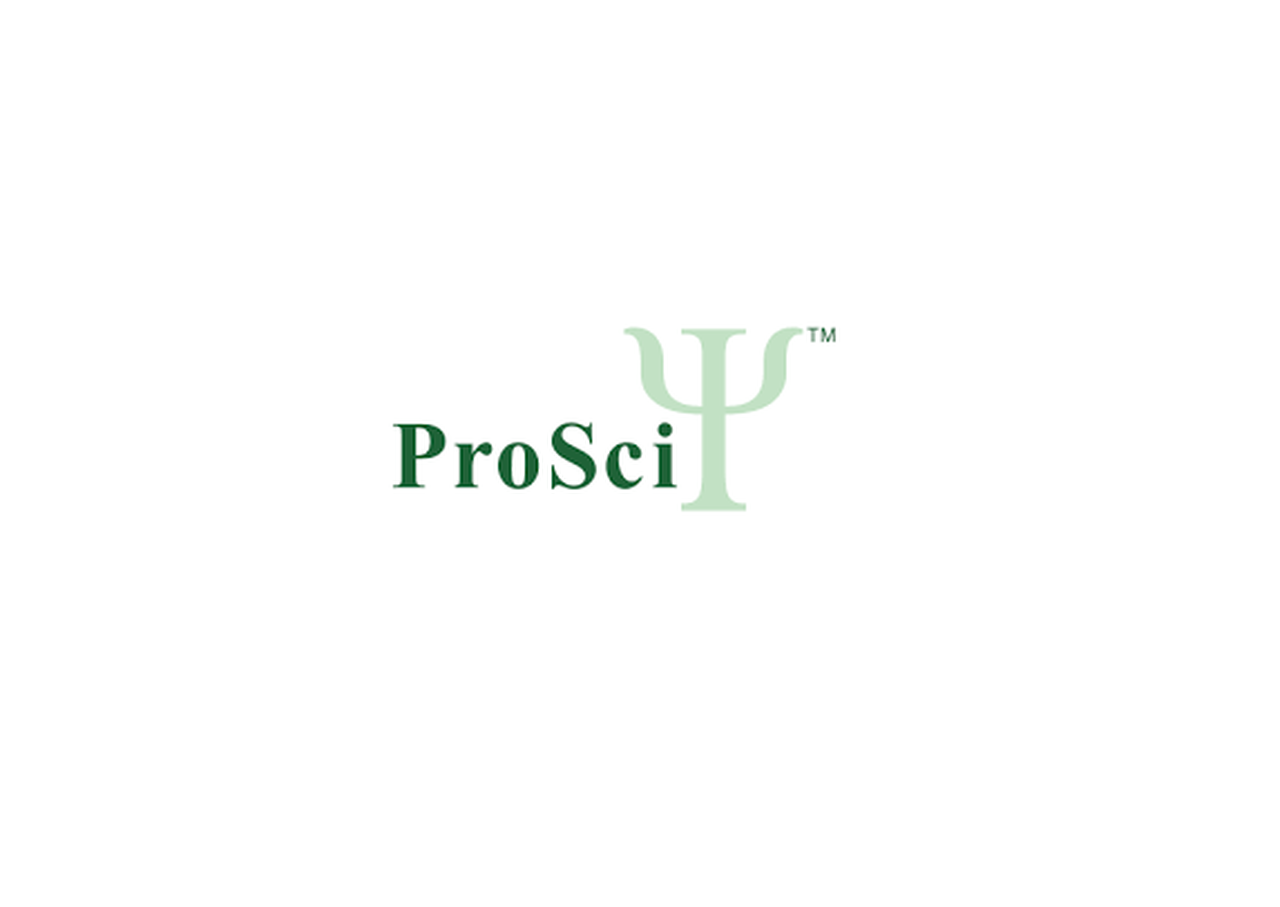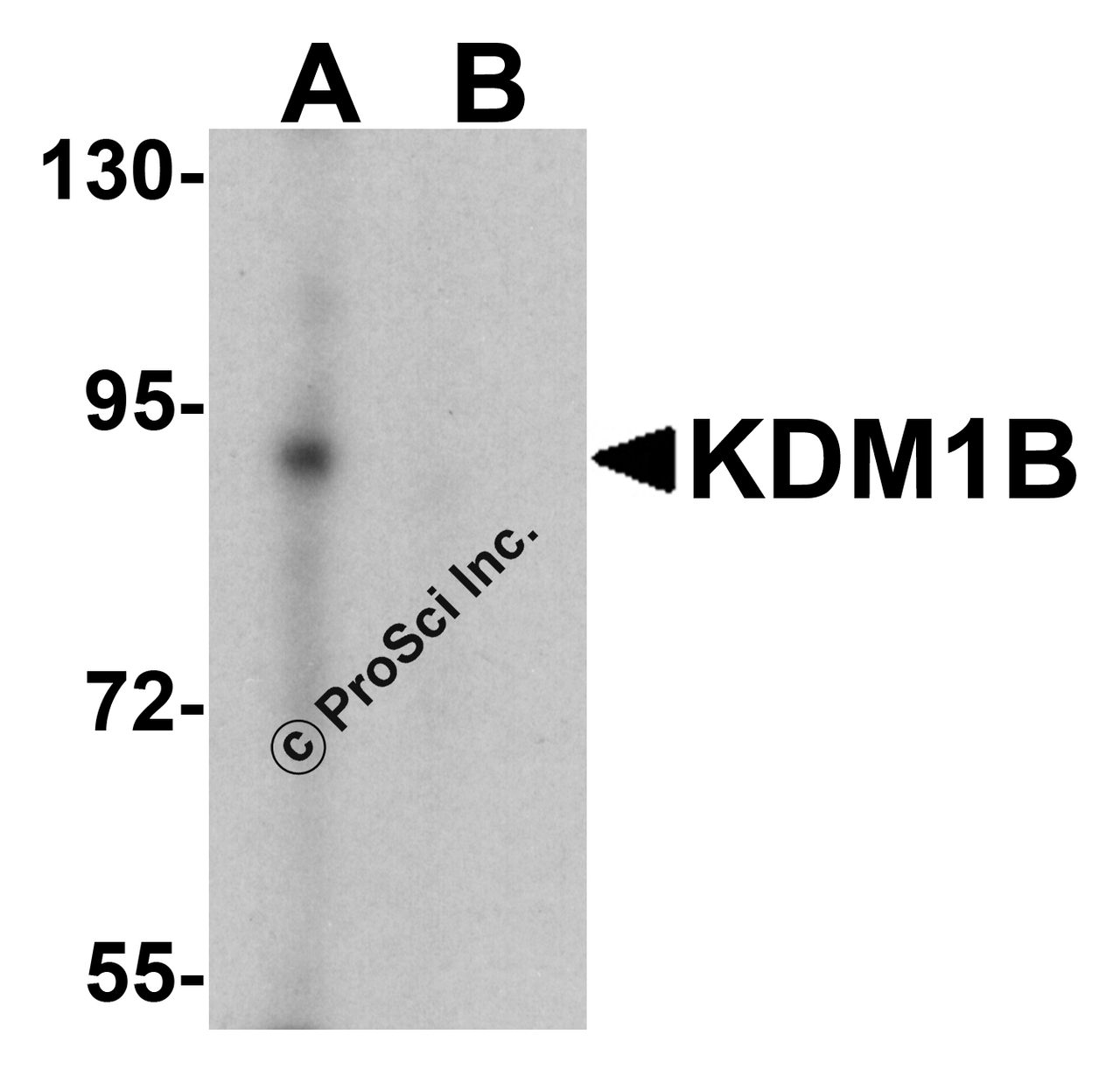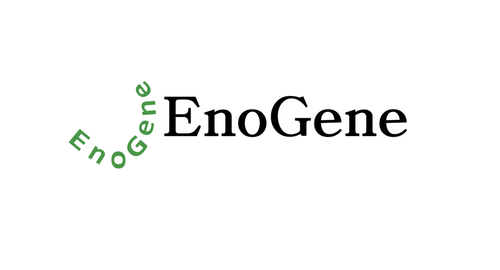Product Description
KDM1B Antibody | 7535 | ProSci
Host: Rabbit
Reactivity: Human, Mouse
Homology: N/A
Immunogen: KDM1B antibody was raised against a 17 amino acid peptide near the amino terminus of human KDM1B.
The immunogen is located within amino acids 80 - 130 of KDM1B.
Research Area: Homeostasis
Tested Application: E, WB
Application: KDM1B antibody can be used for detection of KDM1B by Western blot at 0.5 μg/ml.
Antibody validated: Western Blot in human samples. All other applications and species not yet tested.
Specificiy: KDM1B antibody is human, mouse and rat reactive. At least two isoforms of KDM1B are known to exist; this KDM1B antibody will detect both isoforms.
Positive Control 1: Cat. No. 1204 - K562 Cell Lysate
Positive Control 2: N/A
Positive Control 3: N/A
Positive Control 4: N/A
Positive Control 5: N/A
Positive Control 6: N/A
Molecular Weight: Predicted: 90 kDa
Observed: 90 kDa
Validation: N/A
Isoform: N/A
Purification: KDM1B antibody is affinity chromatography purified via peptide column.
Clonality: Polyclonal
Clone: N/A
Isotype: IgG
Conjugate: Unconjugated
Physical State: Liquid
Buffer: KDM1B antibody is supplied in PBS containing 0.02% sodium azide.
Concentration: 1 mg/mL
Storage Condition: KDM1B antibody can be stored at 4˚C for three months and -20˚C, stable for up to one year.
Alternate Name: KDM1B Antibody: AOF1, LSD2, C6orf193, bA204B7.3, dJ298J15.2, AOF1, Lysine-specific histone demethylase 1B, Flavin-containing amine oxidase domain-containing protein 1
User Note: Optimal dilutions for each application to be determined by the researcher.
BACKGROUND: Flavin-dependent histone demethylases regulate histone lysine methylation, an epigenetic mark that regulates gene expression and chromatin function (reviewed in 1) . KDM1B is a recently identified histone H3K4 demethylase that is required to establish maternal genomic imprints; targeted disruption of the KDM1B gene in mice led to lethality in their embryos, suggesting demethylation of H3K4 is critical for establishing the DNA methylation imprints (2) . KDM1B has also been shown to play a role in the transcription elongation in several genes (3) .
 Euro
Euro
 USD
USD
 British Pound
British Pound
 NULL
NULL










